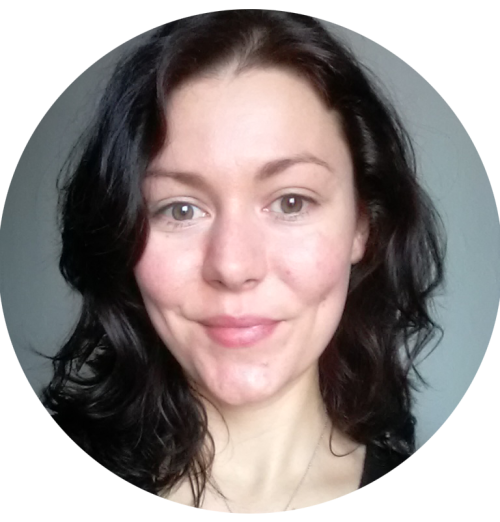Anses portrait - "Connecting expertise with the field" - Fanny Debil
Doctor of political science, project leader in social sciences with the ANSES Social Sciences, Expertise & Society Unit.

“Connecting expertise with the field”
As a student in political science, I was always interested in issues relating to health and the environment. That’s why I looked at public action in these two areas in my thesis. The main focus of my work with ANSES over the past four years has been to produce and implement studies in social sciences, primarily to support health risk assessments. The activities of the Agency concern health and science issues that have social, economic and political ramifications. Some subjects, such as new technologies, nanomaterials and pesticides, are controversial, not only because of the uncertainty that they create but also – more broadly – because of the choices that they can represent for society, in both the short and long term. Generally speaking, we must also bear in mind that our perception of health risks has changed. Over the past twenty years, we have seen the emergence of a new social dynamic. Health and “well-being” have become fundamental values that are difficult to challenge publicly. Our role is to shed light on the interwoven issues characterising the problems addressed by the Agency, and to effectively contextualise its work, connecting it with the field and ultimately making it more relevant.
“Using social sciences in different ways”
Social sciences form a heterogeneous set of disciplines whose scientific basis is sometimes questioned and whose approach is not always understood. For the purposes of the expert appraisals conducted by the Agency, we call upon a range of experts in social sciences, including sociologists, politicians and economists, as well as historians in some cases, or representatives of information and communication sciences. We also draw upon academic literature in these various disciplines. To complement these academic sources, we have an interest in “grey” literature and we provide support for organising hearings with a range of stakeholders: associations, trade unions, manufacturers, and so on. For example, as part of our work on occupational diseases, we held discussions with patient support groups in order to gain a clearer understanding of the institutional and socio-economic logic behind the lack of recognition given to occupational diseases in France. At the same time, looking beyond the work carried out in response to formal requests, we sign research and development agreements with social science laboratories in order to explore cross-cutting socio-political dynamics. To this end, we are currently conducting a number of socio-digital analyses: alerts identified on online chat forums; controversies in the spheres of digital debate – social media and other media.
“Applied to the field of expert appraisal, social sciences are a cross between juggling and tightrope-walking”
I love my job for its diversity, not only in terms of the subjects and people I come into contact with, but also in terms of working practices and organisation. You could say it’s a cross between juggling and tightrope-walking. Often, social sciences provide the input to open up the questions addressed. Sometimes, they may even take the question down avenues that nobody had thought of in the first instance. During the expert appraisal on the health risks affecting workers in the waste industry, we were able to raise the question of mental health, with the support of an occupational sociologist. Generally speaking, it is important for us to keep up with emerging or changing debates relating to the subjects addressed by ANSES, which are positioned at the crossroads of science and society.